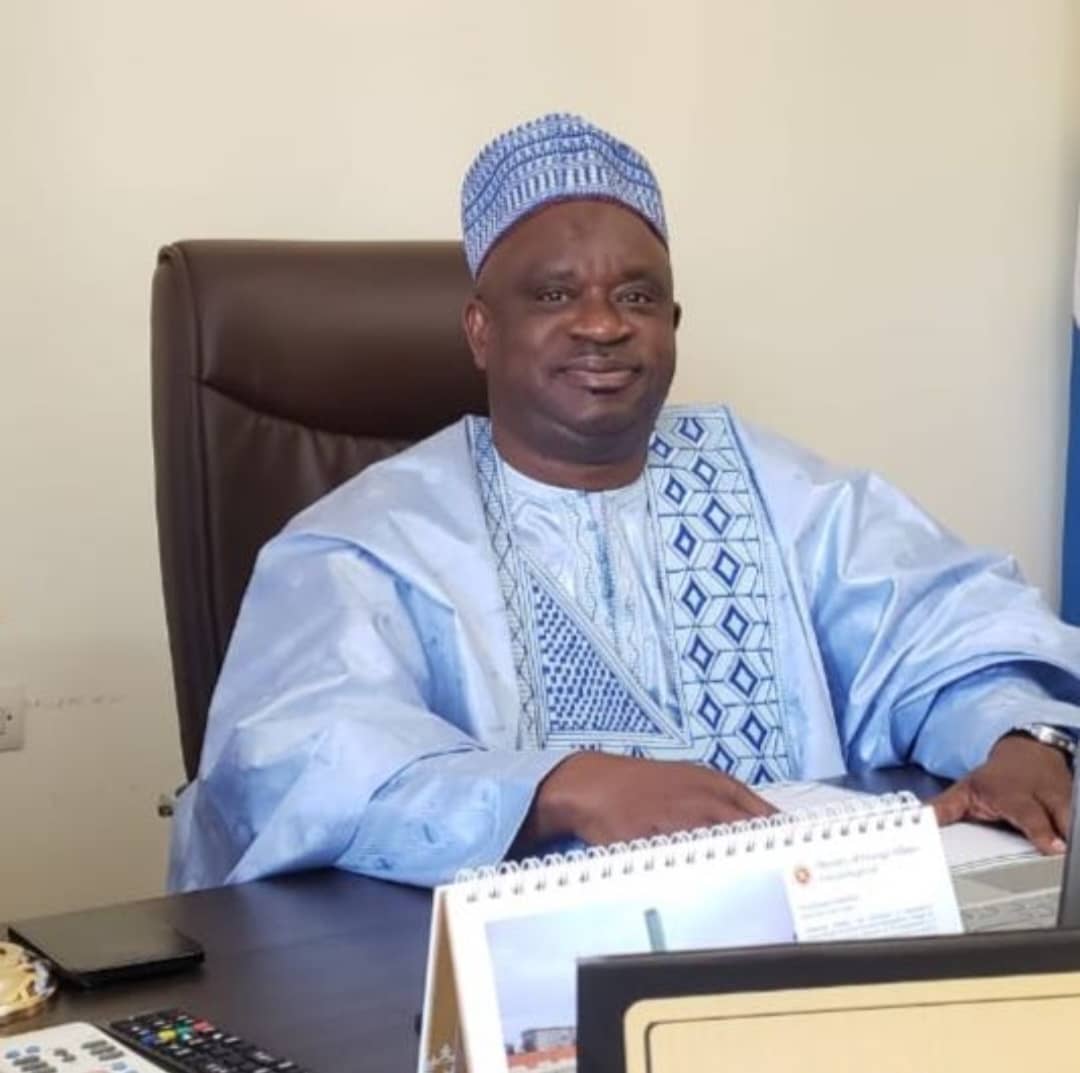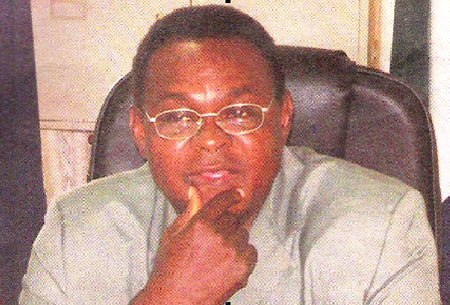Sierra Leone’s Ambassador to the Kingdom of Morocco, H.E. Atumanni Dainkeh held a fruitful discussion with the Sierra Leone Students Association in Morocco (SLeSAM) during a meeting at the Embassy’s conference hall in Rabat. He also met with the new students on government scholarships who have arrived to pursue their studies in Morocco.
During the interaction, several issues ranging from students’ welfare and low representation of Sierra Leonean students in Science, Technology, Engineering, and Mathematics (STEM) courses were discussed.
Giving his opening remark, Ambassador Dainkeh informed that his aim for such engagement is to inform decision-making and to create more opportunities for Sierra Leonean students through lobbying and diplomacy, consistent with President Julius Maada Bio’s agenda on human capital development.
Addressing concerns raised by students, Ambassador Dainkeh acknowledged how fully he understands their concerns as someone who also did his studies abroad.
He informed the students that the government’s annual spending for Sierra Leonean students on government scholarships across the world is budgeted once every year with no special interest therein for any group of students.
Therefore, specific concerns on payment of stipends and related matters cannot be changed for students in Morocco or treated differently.
Ambassador Dainkeh admonished students to maximize government scholarship opportunities as a springboard to their personal growth and development and, by extension, for Sierra Leone’s prosperity.
Ambassador Dainkeh furthered that discussions are in the pipeline with Agency Morocaine De Cooperation International (AMCI) for students who have completed their first degrees to further their master’s degree and PhD if they so desire.
He cautioned them to stay away from all forms of violence and drug abuse as well as be law-abiding and responsible Sierra Leonean citizens prioritizing their studies so that more doors of opportunities would be open.
The outgoing President of the Sierra Leone Students Association in Morocco (SLeSAM), Jeremiah Abdul Akim Jalloh, appreciated the Embassy for the engagement and for supporting them in times of need.
He appealed to the Ambassador and his team to speedily facilitate conversations between the Agency Morocaine De Cooperation International (AMCI) and the Ministry of High Education particularly on matters related to key courses that are not being offered to Sierra Leonean students.
This, according to him, is one of the reasons Sierra Leoneans are being underutilized and less competitive across the world.
According to Akim, there is only one student studying pharmacy and a few studying engineering.
He reiterates that there are no students studying dentistry, architecture, law, etc. adding that Sierra Leone, being a developing country, needs people in these areas to be capacitated and returned to help the country.
Outgoing Vice President Solomon J.B Harding called on the government through the Embassy to cover the cost of the French Language course in Sierra Leone and flight tickets to Morocco for new students, emphasizing the reasons some students could not make it to Morocco.
The Secretary General of the association, Sanusie Janneh, also appealed to the embassy to identify an accredited French institution in Sierra Leone for students to pursue their French Language course.
In his address, the Minister Counselor/Head of Chancery, James Sylvanus Lebbie, implored them to feel at home stating that one of the mandates of the Embassy is to protect the interest of all Sierra Leonean students studying in Morocco.
He encouraged students to channel their challenges or concerns to the Embassy, noting that the Embassy is also there to provide guidance to them and step in where necessary.
As a result of President Bio’s priority on Human Capital Development, the Moroccan government has significantly increased the quota of scholarships for Sierra Leonean students in Morocco from 20 to 125.
Aminaash Nyande Brima
Information Attaché
Rabat, Morocco













